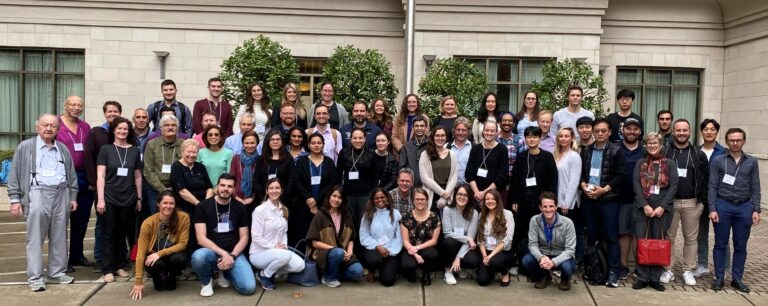Protein Digestion and Tracers in Tennessee

Weight loss surgery remains the most effective treatment for severe obesity. During weight loss surgery, the stomach is made smaller, or the top portion is connected to the lower small intestine to bypass a section of intestine. While these changes may cause protein maldigestion, the few studies so far have not been able to confirm this. Older patients may be particularly vulnerable to protein malabsorption after weight loss surgery as they already have reduced absorption, lower protein intake, and loss of muscle mass can be expected. Therefore, in one of my AGePOP studies, I plan to investigate the degree of protein digestion in older patients after weight loss surgery.
I aim to measure protein digestion precisely using a new tracer technique termed dual-isotope digestibility. In a nutshell, isotopes are variations of the same atom with a slightly different weight. For example, 99% of nitrogen atoms have a weight of 14 u, while only 0.3% are heavier at 15 u. This Nitrogen 15 atom is a stable isotope which is non-radioactive and safe to use in research. Amounts of heavier and lighter nitrogen atoms can be measured using a mass-spectrometer. When patients consume food in which the proteins are enriched with heavy isotopes, isotope levels in the blood can be used to measure protein digestion. In practice this is much more complicated, hence my trip to Nashville!
The Isotope Tracers in Metabolic Research course was started more than twenty years ago and is truly one of a kind. Vanderbilt University in Tennessee hosts the course, while the National Institute of Health acts as the main sponsor.

During five intensive days we were introduced to tracer basics, chemical analysis of isotopes, mathematical modelling for tracers, clinical applications, and a good dose of metabolic biochemistry. The opportunity to meet one-to-one with faculty members and discuss our research was equally valuable. I presented my planned project and received valuable insight from experts in the field.
Despite our busy schedule, we were off course in ‘Music City’, bustling with honky-tonk bars and live music. We visited a line-dancing saloon, listened to country music, and sipped local Tennessee whiskey. Finally, a random fact about Nashville for our AGePOP Athens team; Nashville has coined the nickname ‘Athens of the South’, thanks to its many educational institutions and a full-scale replica of the Athenian Parthenon!
Thank you to AGePOP and the Research Foundation Flanders for the opportunity to attend this course. I have been inspired to utilize tracers with our AGePOP project and hopefully beyond.
YEEHAW
By Gabriel Eksteen
ESR and PhD candidate

